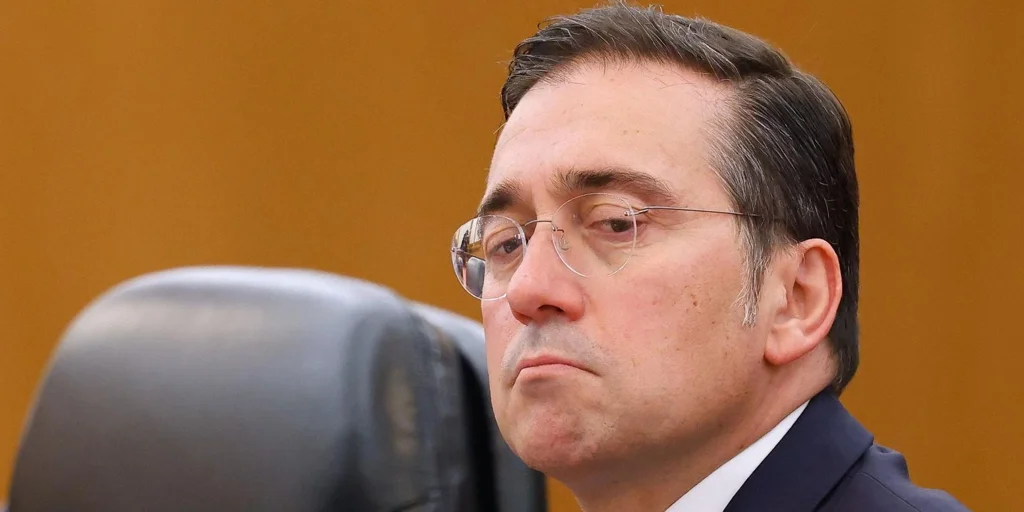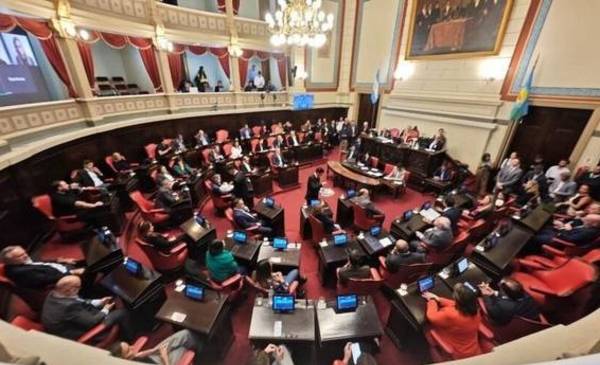
To understand that Mexico is asking Spain for forgiveness and an apology, one must first read former President López Obrador’s letter. In more than three pages long, López Obrador called on our countries to hold a joint summit at the highest level to apologize to the so-called “indigenous peoples” for the atrocities, injustices and human rights violations committed over the past five centuries. Given the lack of response from the king (despite a statement from the Foreign Intelligence Service), Mexico’s new president, Claudia Sheinbaum, decided not to invite Felipe VI to the inauguration, further straining relations between the sister countries.
The first thing that caught my attention about this letter was that it was addressed to the institution most favorable to indigenous peoples, the king, as evidenced by the will of Isabel the Catholic to the Act of the Indies approved by Charles I for the benefit and protection of indigenous peoples against Spanish encomenderos.
“Ever since the Spaniards invaded us…” Mr. Sheinbaum said word for word in his inaugural address. As a result, the president identified himself with “us.” If the same indigenous peoples allied with Hernán Cortés and attacked the city of Tenochtitlan (now Mexico City), with whom would the Aztec Empire sacrifice alive captives on the altar of its magnificent pyramids in wars with other peoples, as “primitive” as the Aztecs, to subjugate and oppress them? There was violence on both sides, and there was plenty of it, but regardless of its benefits, what was the alternative to ending a bloodthirsty civilization?
In my capacity as Spain’s Consul General in Guadalajara to give a speech on the occasion of Spain’s National Day 2024, I wondered aloud how anyone could truly believe that our King’s intentions included disrespecting the Mexican people. Because it is a new condemnation of Spain’s silence. It is worth noting that former President López Obrador’s letter recognizes that Spain’s role in Mexico’s history remains “a hotly contested issue on both sides of the ocean.” So should our sovereigns take sides in the face of something that divides Mexican society? I can’t believe it.
Mexican historians refer to the period from the occupation of Mexico City to Mexican independence as the Colonial Era. However, the term “colonial”, in its pejorative and mercantilist sense typical of nineteenth-century empires, is not appropriate to past models of relations with Mexico. In addition to the language, customs, and traditions we now share (and even Christian faith as a “civilizing factor”), much of Mexico’s architectural heritage, and therefore its tourist attractions, is the result of that historical period. Spain established universities, colleges, schools, and hospitals there, but the indigenous people were not excluded there. For Spain, Mexico was more than just a “colony”; it was a new Spain called the viceroyalty of what is now the Federal Republic of Mexico. This assessment that I have just made is not intended to be part of the “pink legend,” and certainly not of the sectarian “black legend.”
Now, Minister Alvarez’s recent words were deemed by President Sheinbaum as an “important first step” in the full normalization of bilateral relations. Does that mean there is still no formal apology or forgiveness at the highest level? I believe it is fair that these apologies, if any, should not be accepted without a notable reference to all the above good things that Mexicans are proud of.
I would like to end with a quote uttered at the opening of last year’s International Book Fair by Mexican historian Ibarra Pedroza, who I consider to be a bona fide expert. “The arrival of the Spaniards in Mexico is the starting point of our collective identity.”Therefore, since Spain arrived in those lands, there is only one proper Mexican “we” that later became the Mexico we know today.



